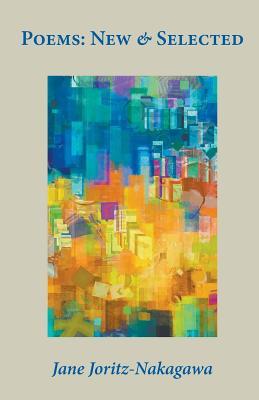Poems: New & Selected includes excerpts from Jane Joritz-Nakagawa's moving new poem, Plan B Audio, together with generous selections from her fourteen previous ground-breaking publications - ranging from Skin Museum (2006) to Distant Landscapes (2017) - and an insightful foreword by poet and translator Eric Selland, who writes: 'Joritz-Nakagawa's poetics is unique among the generation of poets who, like her, came of age during the period when the Language movement was at its peak. Hers is a radically open form - a framework through which the data of life, poetic themes and materials, freely migrate. She does not reject the personal, but she does not privilege it either. It is simply part of the data. And yet one senses a personal warmth, the presence of an intelligent observer in Jane's work. What we experience as readers is not "the death of the author" - the poetic subject has simply become more complex. For Jane, as with Blanchot, the poem never ends. It is an infinitely open system, always searching for that which is unexplainable and unattainable: the poem is constantly in search of itself.'

Poems: New & Selected includes excerpts from Jane Joritz-Nakagawa's moving new poem, Plan B Audio, together with generous selections from her fourteen previous ground-breaking publications - ranging from Skin Museum (2006) to Distant Landscapes (2017) - and an insightful foreword by poet and translator Eric Selland, who writes: 'Joritz-Nakagawa's poetics is unique among the generation of poets who, like her, came of age during the period when the Language movement was at its peak. Hers is a radically open form - a framework through which the data of life, poetic themes and materials, freely migrate. She does not reject the personal, but she does not privilege it either. It is simply part of the data. And yet one senses a personal warmth, the presence of an intelligent observer in Jane's work. What we experience as readers is not "the death of the author" - the poetic subject has simply become more complex. For Jane, as with Blanchot, the poem never ends. It is an infinitely open system, always searching for that which is unexplainable and unattainable: the poem is constantly in search of itself.'